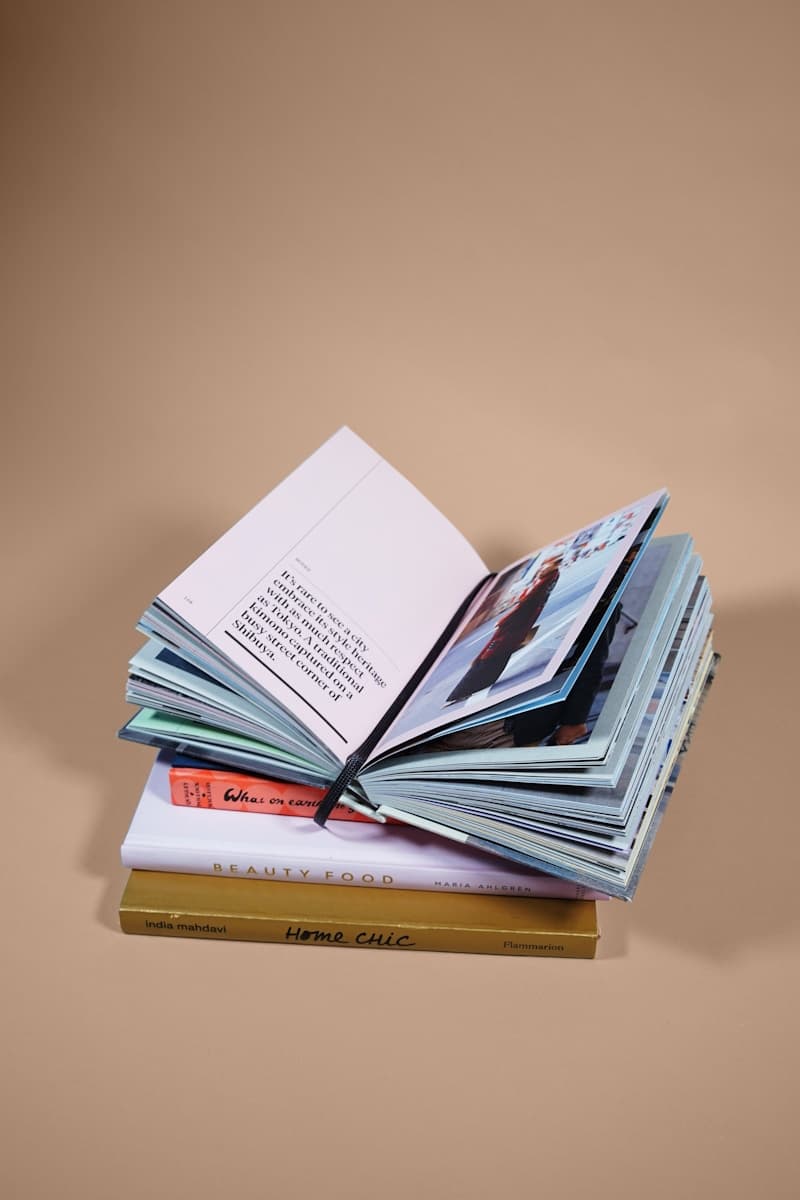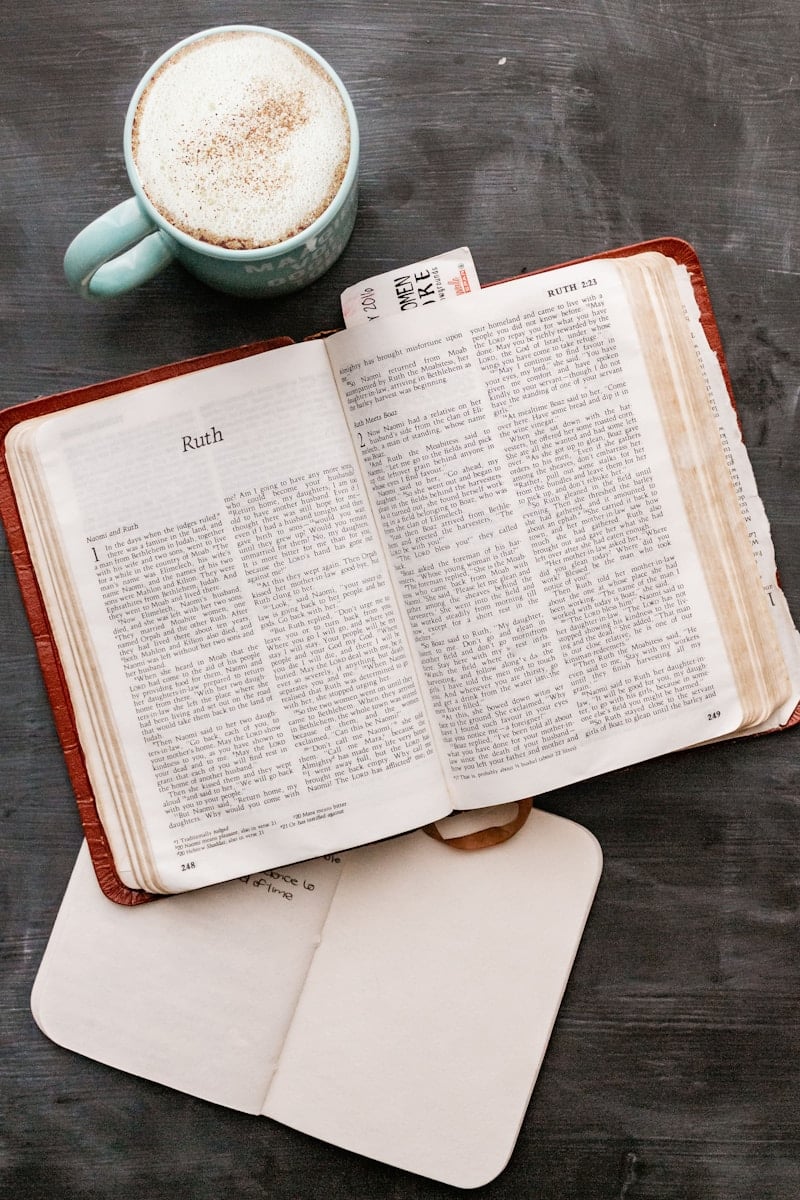Every book is a unique work of art—whether it’s a classic novel, a rare collectible, or even a beautiful hymn or sacred text. Books open up countless worlds, and as British writer Thomas Carlyle (1795-1881) once said, “The greatest value of books is their power to make readers think.” Books can inspire reflection, joy, reorganization of our thoughts, or the birth of new ideas. Unlike art pieces we might admire from afar, books come alive when we hold them, flipping through their pages and absorbing their stories.


However, paper is delicate. The temperature, humidity, light, dust, and even the air quality around books can affect their condition. The storage environment is key to preserving the life of any book.
Key Conditions for Book Preservation
- Lighting: Since paper is an organic material, light can cause fading, warping, and yellowing—damage that cannot be reversed. Aim for low light levels, ideally 5-10 lux, to prevent damage over time.
- Temperature: A stable temperature of around 20°C (68°F) with a margin of ±2°C is ideal. If this exact range isn’t possible, avoid frequent fluctuations in temperature, which can weaken paper fibers.
- Humidity: A humidity level around 50% with a margin of ±5% is optimal. Rapid changes in humidity can stress and damage paper, so keeping it steady is important.
- Pest Control: Keep the storage area clean and free of dust to help prevent pests. Regularly inspecting and cleaning your books can prevent pest damage.
- Safety: It’s essential to protect your books from theft, accidents, and natural disasters.
- Pollution: Dust and airborne particles can settle on books, so keeping the air clean and the storage area ventilated will help prevent long-term damage.
How to Properly Store Books
- Control Moisture: The best storage humidity level is between 40-50% RH. High humidity can lead to acid hydrolysis in paper, causing yellowing—a sign that mould may be next. Keeping books dry is critical, so avoid handling them with wet hands. If a book accidentally gets wet, blot the moisture with paper towels placed between the pages and press the book gently to prevent warping.
- Avoid Direct Sunlight: UV rays in sunlight can cause paper to yellow and fade. Place bookshelves in spots away from direct sunlight, or use curtains to shield them.
- Keep the Environment Clean: Regularly clean your shelves and remove dust to prevent pest damage. There’s nothing more painful for book lovers than finding pages with insect holes or damaged spines.
Handling Books Carefully
- Don’t Fold Pages: Many readers mark their place by folding a page corner, but this habit can weaken the paper fibers. Over time, folded areas can become brittle. Instead, use a thin bookmark or paperclip to mark your spot.
- Avoid Tape on Tears: Using tape on a torn page can leave adhesive stains that are difficult to remove, and the glue may weaken the paper over time. If repairs are necessary, use acid-free materials to avoid further damage.
- Keep Books Clean: If handling rare or valuable books, consider wearing gloves. For everyday books, make sure your hands are clean to avoid transferring oils and dirt onto the pages.
Recommended Humidity Levels for Different Items
- 55-60%: Antique items, currency, fax paper
- 45-55%: Cameras, lenses, slides, CDs, electronic accessories
- 40% or below: Photographic components, electronic parts, semi-finished products
- 40-50%: Precision metal items, silverware, copperware, tools, models, and items with potential for oxidation
- Below 40%: Medications, health products, dry foods, and items prone to moisture clumping
- 30% or below: Chemical supplies, pharmaceutical raw materials, powders, adhesives
- 20% or below: Seeds, pollen, and dried flowers for horticulture research
By following these simple guidelines, you can extend the life of your books and comics, keeping them fresh, clean, and safe from the effects of moisture, pests, and sunlight. Proper care makes it possible to enjoy these treasures for years to come.






